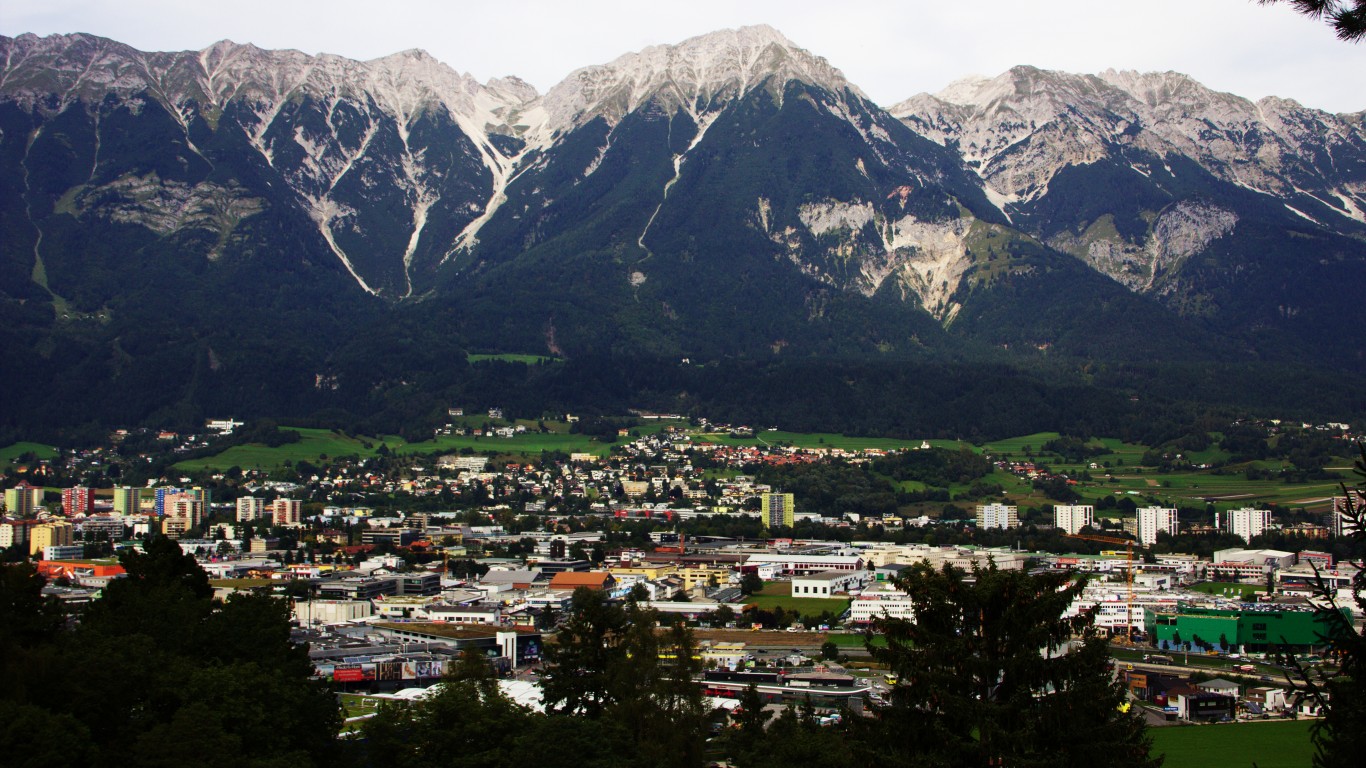
The Olympic Games, both Summer and Winter, produce no shortage of heroes and heart-tugging stories of athletes overcoming adversity to compete in the world’s most prestigious sporting events. (These are the greatest Winter Olympians in American history.)
For viewers of the Games, as well as for those who participate in them, the host city can hold memories as powerful as those formed of the competition itself. But if climate change continues unchecked, memories of host cities might be all we have.
According to projections by England’s research-focused Loughborough University and two independent sports and environmental organizations, depending on the level of future greenhouse gas emissions, some 13 of 20 venues that have hosted the Winter Olympics in the past (not counting this year’s Beijing) might be risky or non-reliable sites for the Games by 2080 and possibly by 2050. (Based on the study’s criteria, Beijing would fall into the “non-reliable” category.)
To determine the cities that may never host the Winter Olympics again because of climate change, 24/7 Wall St. reviewed the report “Slippery Slopes: How Climate Change is Threatening the Winter Olympics,” produced by Loughborough University in collaboration with the Sport Ecology Group and Protect Our Winters. (Supplemental Olympics data came from Olympedia and from the official Olympics website.)
The researchers used two indicators – probability of a minimum daily temperature less than or equal to 0° C (32º F) and of a snow depth more than or equal to 30 cm (11.8 inches) – to project the likelihood that certain former Winter Olympics cities would be unable to safely host the Games in 2050 and 2080 in either or both low- and high-emission futures.
Another study by the University of Waterloo in Ontario, Canada, projects that if global emissions of greenhouse gasses aren’t reduced on a major scale in the coming decades, only one of the 21 sites (including Beijing) that has previously hosted the Winter Olympics – Sapporo, Japan, where the Games were held in 1972 – would be able to safely host a Winter Olympiad by 2100. (These are 14 times the Olympics have been canceled, boycotted, or postponed.)
Click here to see cities that may never host the Winter Olympics again because of climate change
Climate change has already had its effect. An unusually warm winter in 2010 caused Olympic organizers in Vancouver to truck in snow. At the Games four years later at Sochi, Russia, organizers had to stockpile snow to make sure they had enough for a sufficient base for skiing events. And this year’s Beijing Olympics was forced to depend 100% on artificial snow – the first time that’s been the case (though Lake Placid, New York, pioneered its use in 1980).
Artificial snow has environmental implications: To maximize its longevity, chemicals are added to the water to help prevent melting. These chemicals can damage flora covered by the snow, and runoff into rivers can affect nearby areas.
The Loughborough University report adds that rising temperatures may force future Winter Olympics organizers to hold events in areas that pose logistical challenges, including substandard infrastructure, a lack of tourist amenities, and limited accessibility.





